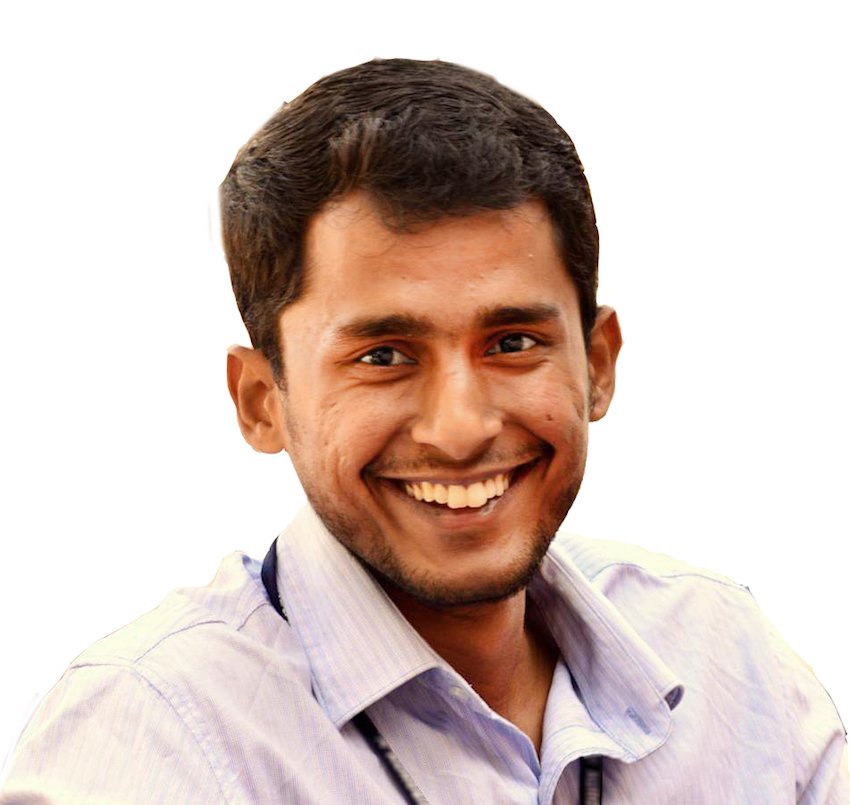Study reveals majority cancer patients in India not getting right treatment
26 March 2019 | News
The study conducted by online cancer care platform Onco.com has found that taking second opinion in the form of a multi-disciplinary review by a team of doctors from three specialties – surgical, medical and radiation oncology – can dramatically improves outcomes for cancer patients by preventing mistreatment.

A study by Onco.com, the world’s first online cancer care platform, has come up with startling findings about the treatment being given to cancer patients in India. It found that over 15% of patients were getting completely wrong treatment, 27% were not being given the right chemotherapy drugs, and 41% did not undergo complete tests. In fact, only 17% of patients were on the right treatment path as per international scientific guidelines. In other words, a whopping 83% patients were getting mistreated!
Said Rashie Jain, Cofounder & CEO, Onco.com: “The purpose of the study, conducted across a six-month period with data captured by Onco.com, was to understand the adherence to international treatment protocols for cancer patients who undergo cancer treatment in India. It covered 365 patients who took online second opinion from Onco’s multi-disciplinary tumor board regarding their treatment. About 80% of these hailed from India, 10% from Africa, and 5% each from Bangladesh and the Middle-East.”
Said Dr. Amit Jotwani, cofounder of Onco.com and a seasoned oncologist: “Cancer is a complex disease and requires a multi-disciplinary and evidence-based approach. While this is followed in developed countries, in developing nations like India, patients don't get access to multi-disciplinary care. This is a major reason for higher death rates in these countries. Our study has shown that taking second opinion in the form of multi-disciplinary review by a team of doctors from three specialties – surgical, medical and radiation oncology – can dramatically improve outcomes for cancer patients. Such a review provides much-needed validation and correction in a patient’s treatment plan, thus preventing mistreatment and unnecessary treatment and optimizing costs.”
Mistreatment in medical terminology is defined as deviation from the standard treatment protocol. It does not necessarily mean wrong treatment, but that the patient is not getting the best available treatment. Commenting on the high rate of mistreatment among cancer patients in India found by the study, Dr. Amit Jotwani explained: “Because of a lack of access to specialized doctors, most Indian patients are unable to get multidisciplinary opinion. This affects the treatment they get, which eventually leads to poor outcomes. Cutting-edge research is happening daily in cancer, improving outcomes from new therapies and triggering changes in the standard treatment protocols. Practicing doctors in India may sometimes not get the time to update themselves with the latest treatment guidelines and protocols. Such non-adherence leads to mistreatment. Another reason is that most Indian patients do not get multi-disciplinary care, so they end up getting whatever treatment advice is available to them.”
Added Dr. Amit Jotwani: “Considering the findings of the study, our advice to cancer patients in India would be to always seek multi-disciplinary opinion. They should be fully informed about their disease and the best treatment available for them before they start treatment. They should make it a point to ask questions and ensure they are comfortable with the recommended treatment plan. It is important that they empower themselves and seek multiple opinions, if required, to validate their treatment. They should not just go with word of mouth, but always get advice from credible sources for their treatment plan.”
Said Rashie Jain: “Today, less than 10% cancer patients in India get second opinion because of lack of awareness and non-availability of unbiased, credible service providers. Onco.com’s tumor board opinion service is accessible to patients from the convenience of their home from anywhere in the world. In oncology, since majority treatment decisions are taken based on report findings, it allows us to provide a comprehensive option based on the reports shared by the patients remotely. A multi-disciplinary panel is a novel concept among developing countries. For every patient, we form a team of cancer specialists – typically a medical oncologist, a surgical oncologist, and a radiation oncologist. This ensures that our patients receive a complete picture about their cancer, and take treatment decisions accordingly.”












